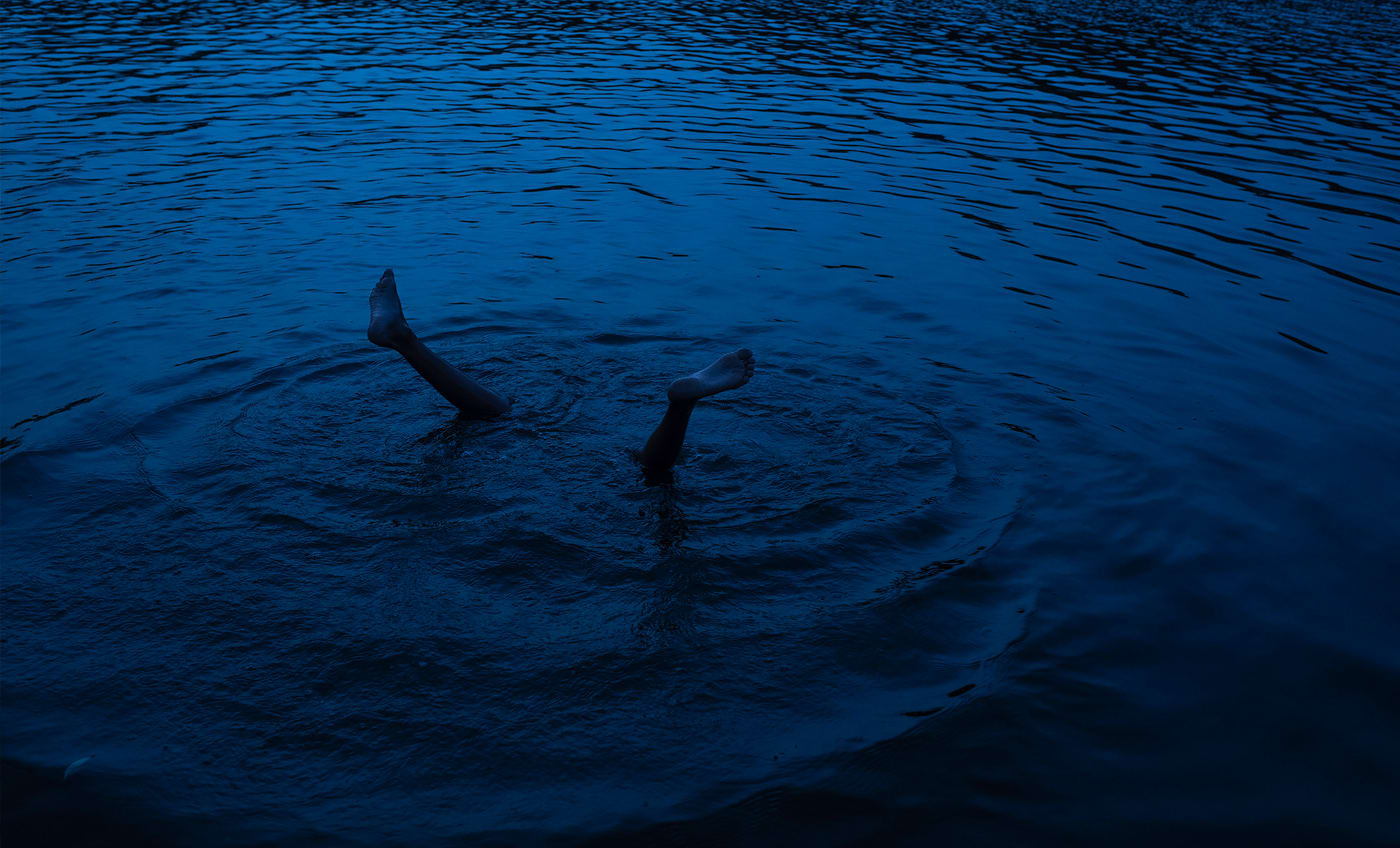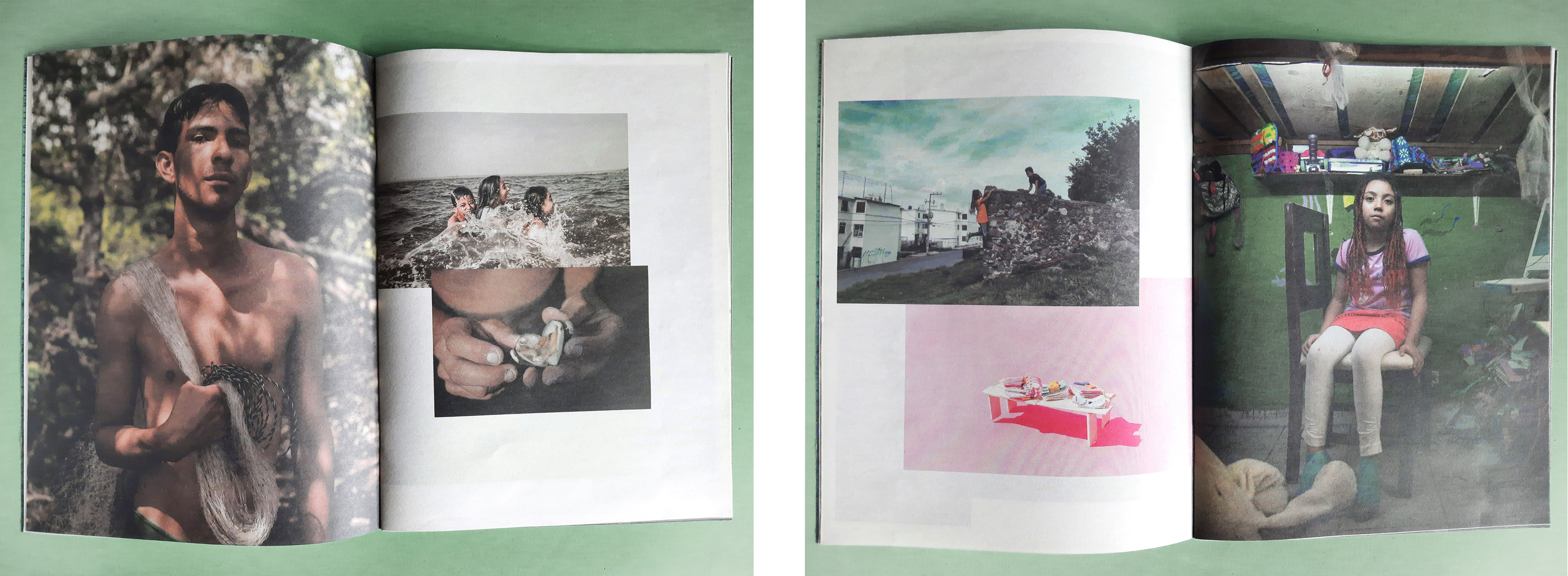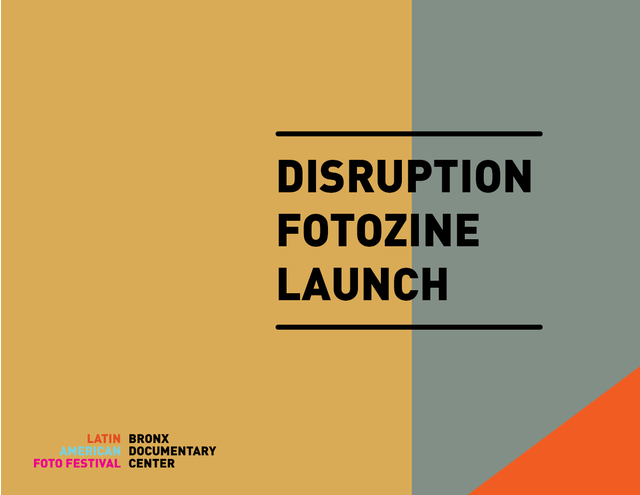
Book Launch
Saturday
Jul 24, 2021 | 6pm
This event will be held in person. Mask will be required to attend.
BDC Annex, 364 E. 151st St, Bronx, NY 10455
Please join us for the launch of Disrupción, a fotozine created collaboratively by seven Méxican photographers; Luis Antonio Rojas, Felix Márquez, Yael Martínez, Koral Carballo, Mauricio Palos, Selene Ugalde, Omar Martínez, and journalist Stephania Corpi.
This work addresses the challenges around distance learning that children around México experienced during the pandemic. For this assignment, each photographer approached a student in their hometown to document the changes and processes they went through to adapt to distance learning schooling. The subjects ranged from an 11-year-old who lives in a home without electricity in Veracruz to a 7-year-old in Mexico City’s upscale Polanco neighborhood.
This work was published by "Sin Resentimientos". Purchase a copy here
Masks will be required to attend this indoor event. 

Bios
Stephania Corpi (b. San Luis Potosí in 1984 ) is a journalist based in Mexico City who focuses on migration, human rights, gender equality and other under-reported issues. Her freelance work for the past seven years has led her to photograph and report from Peru, Venezuela, Colombia, Brazil and throughout Central America for outlets such as El Pais, Thomson Reuters Foundation, WPR, the Guardian, Vogue Latin America, and Esquire, among others.
Félix Márquez (b. Veracruz, Mexico in 1988) is an independent photographer and visual journalist based in Mexico. He has specialized in covering the war against drug trafficking in Mexico, migration, human rights, and childhood in Latin America. He is a co-founder of Trasluz Photo and producer of Mirar Distinto festival.
Andrea Selene (b. in San Salvador, El Salvador in 1993) is a visual storyteller that explores migration issues from personal experience, transnationalism, and intra-family violence. She received recognition for the best portfolio in the portfolio review carried out during the international festival "Mirar Distinto” in Xalapa, Veracruz, México (2018) with the project “There is no place that feels home” and was recently awarded a grant by the Fondo Nacional para la Cultura y las Artes in Mexico.
IMAGE: Kevin Zamudio, 11 años, nada en la Laguna de Alvarado frente a la comunidad de El Nacaste. Kevin y Brian han sido unos de los estudiantes afectados por la pandemia del Covid-19 al vivir en una comunidad sin energía eléctrica ni internet para poder realizar sus actividades académicas. © Félix Márquez
